AI in Game Development: Revolutionizing Feedback Loops & Early Access Community Building
Indie game development thrives on iteration and community input. However, processing vast amounts of player feedback and maintaining an engaged early access community can quickly become overwhelming. This is where AI development tools for indie games can offer a significant advantage.Revolutionizing Feedback Loops with AICollecting player feedback is only the first step. The real challenge lies in sifting through it, identifying actionable insights, and translating them into development priorities. AI for game programming can automate and accelerate this process.AI-powered sentiment analysis tools can quickly categorize feedback, distinguishing between bugs, feature requests, and general sentiment. This allows developers to prioritize critical issues and understand player perceptions at scale.For instance, Wayline’s Sentiment tool directly addresses this by analyzing reviews and providing insights, streamlining the feedback loop game development. You can quickly grasp what players love and what needs immediate attention.AI can also identify patterns in player behavior that might be missed by manual review. It can pinpoint areas where players consistently struggle or where engagement drops off, offering data-driven insights for design adjustments.Enhancing Early Access Community Building StrategiesAn engaged early access community is invaluable, providing both feedback and advocacy. Creative AI for game developers can foster stronger community bonds and streamline communication.AI chatbots can provide instant support for common player queries, freeing up developers to focus on more complex issues or development tasks. This ensures players feel heard and supported, even when the development team is small.AI can also assist in generating personalized communication, like tailored update summaries or responses to common forum posts. This creates a more personal connection with players, making them feel valued within the community.Beyond direct communication, AI can help identify community trends and influential players. Understanding who your most passionate advocates are allows for targeted engagement strategies, further strengthening your early access community building strategies.Practical Applications and Avoiding PitfallsStart with specific, well-defined problems where AI can make an immediate impact. Don’t try to automate everything at once; focus on areas like bug reporting triage or sentiment analysis.For example, using AI to categorize incoming bug reports by severity can significantly reduce the time spent sifting through logs. This allows your team to address critical issues faster, improving player experience and demonstrating responsiveness.A common pitfall is over-reliance on AI without human oversight. AI is a powerful assistant, not a replacement for human intuition and understanding of player experience.Always review AI-generated summaries and analyses to ensure accuracy and context. Player feedback often contains nuances that only a human can fully interpret.Another pitfall is neglecting the ‘why’ behind the data. AI can tell you ‘what’ is happening, but it’s up to you to investigate ‘why’ and devise creative solutions.For instance, if AI highlights a drop-off in a specific game level, it’s a signal to investigate the level’s design, difficulty, or mechanics. This analytical approach extends to other technical aspects of game development as well; understanding performance bottlenecks, for example, is crucial, as discussed in ‘Implementing Object Pooling in Unity for Performance’ Implementing Object Pooling in Unity for Performance.ConclusionAI offers powerful avenues for indie developers to refine their feedback loops and cultivate vibrant early access communities. By leveraging AI development tools for indie games, you can gain deeper insights from player data, automate routine tasks, and foster more meaningful engagement.Focus on integrating AI strategically to augment human efforts, not replace them. This allows you to iterate faster, build stronger communities, and ultimately ship better games with sustained momentum.


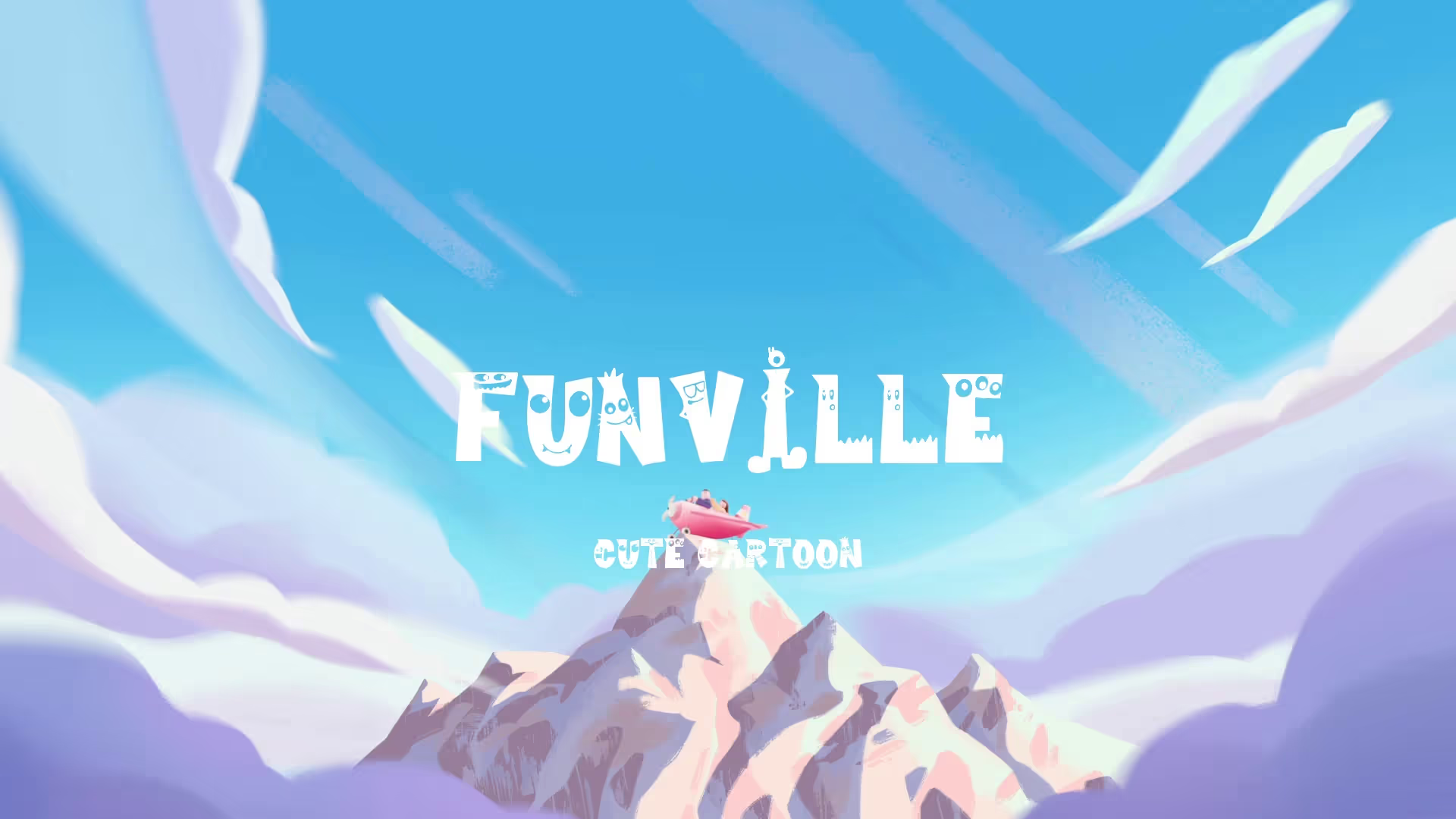




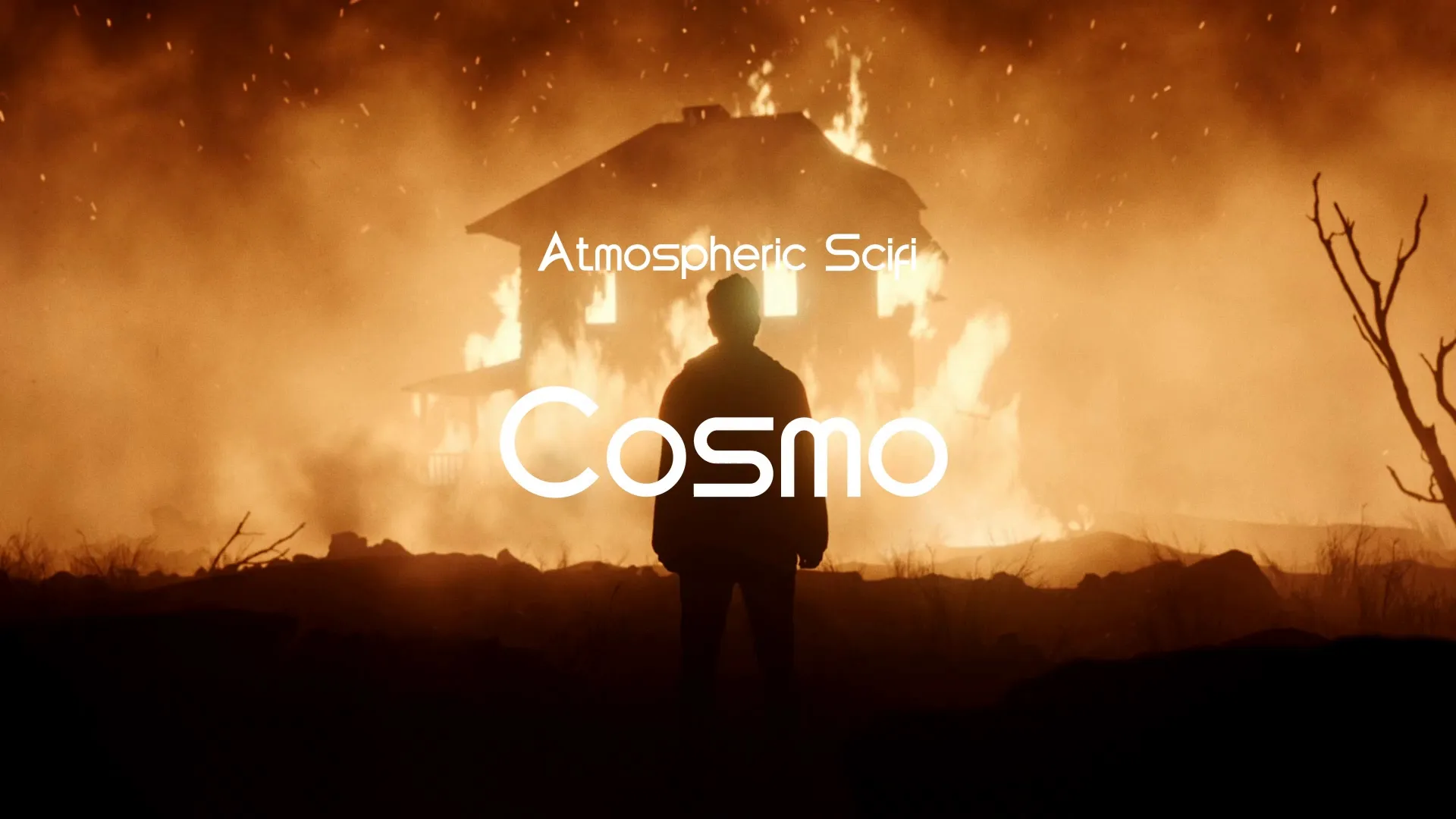
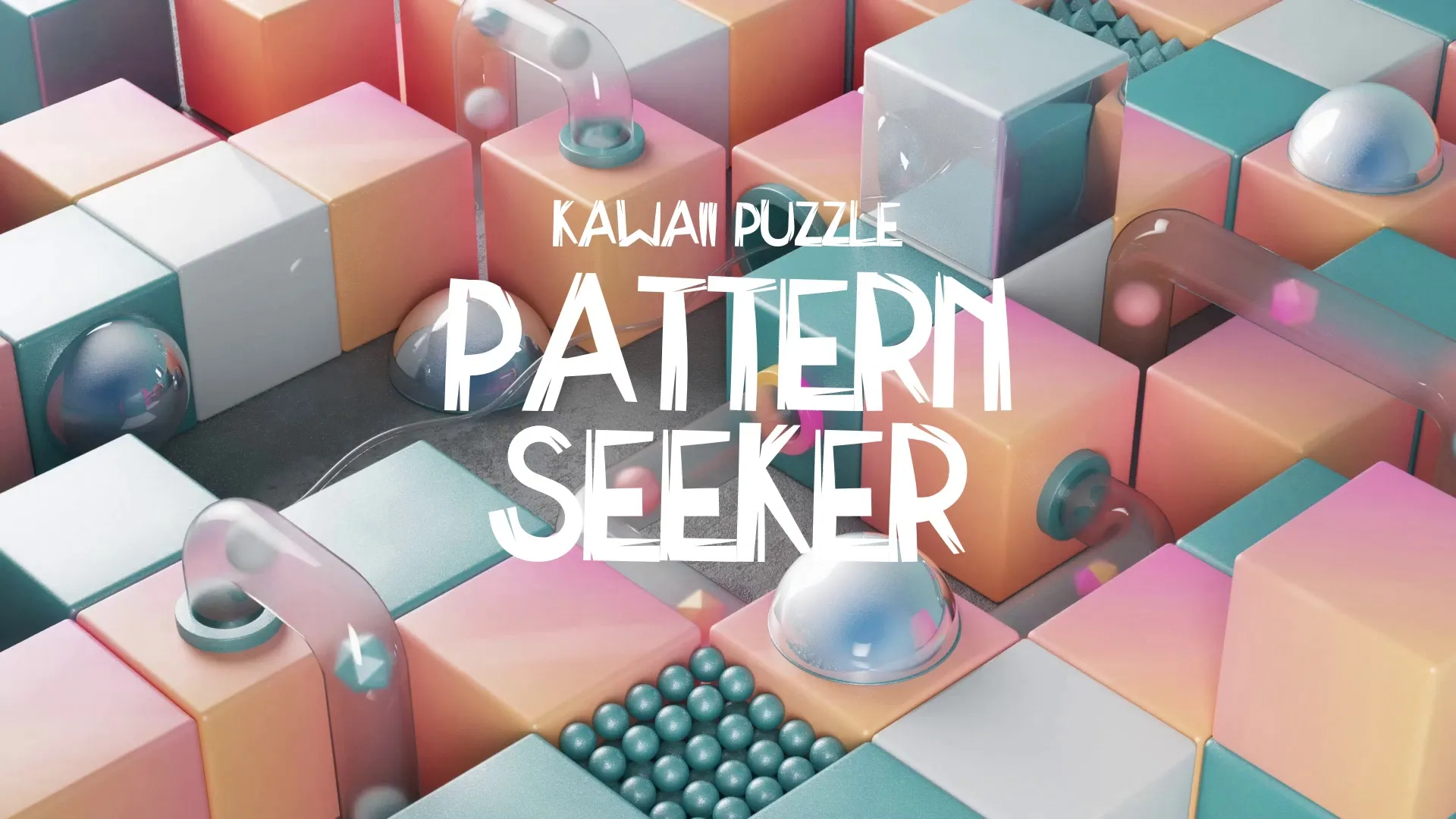





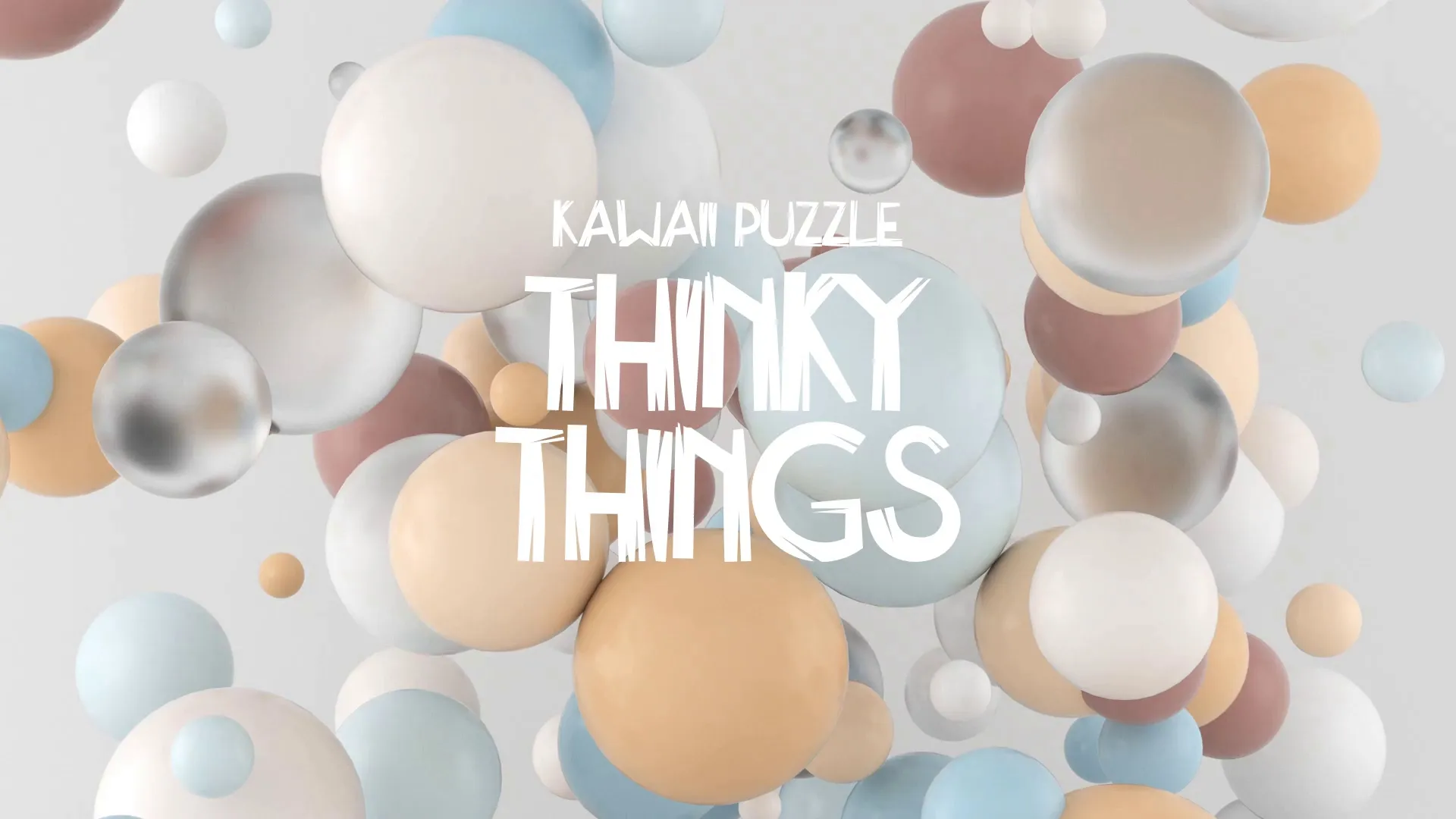




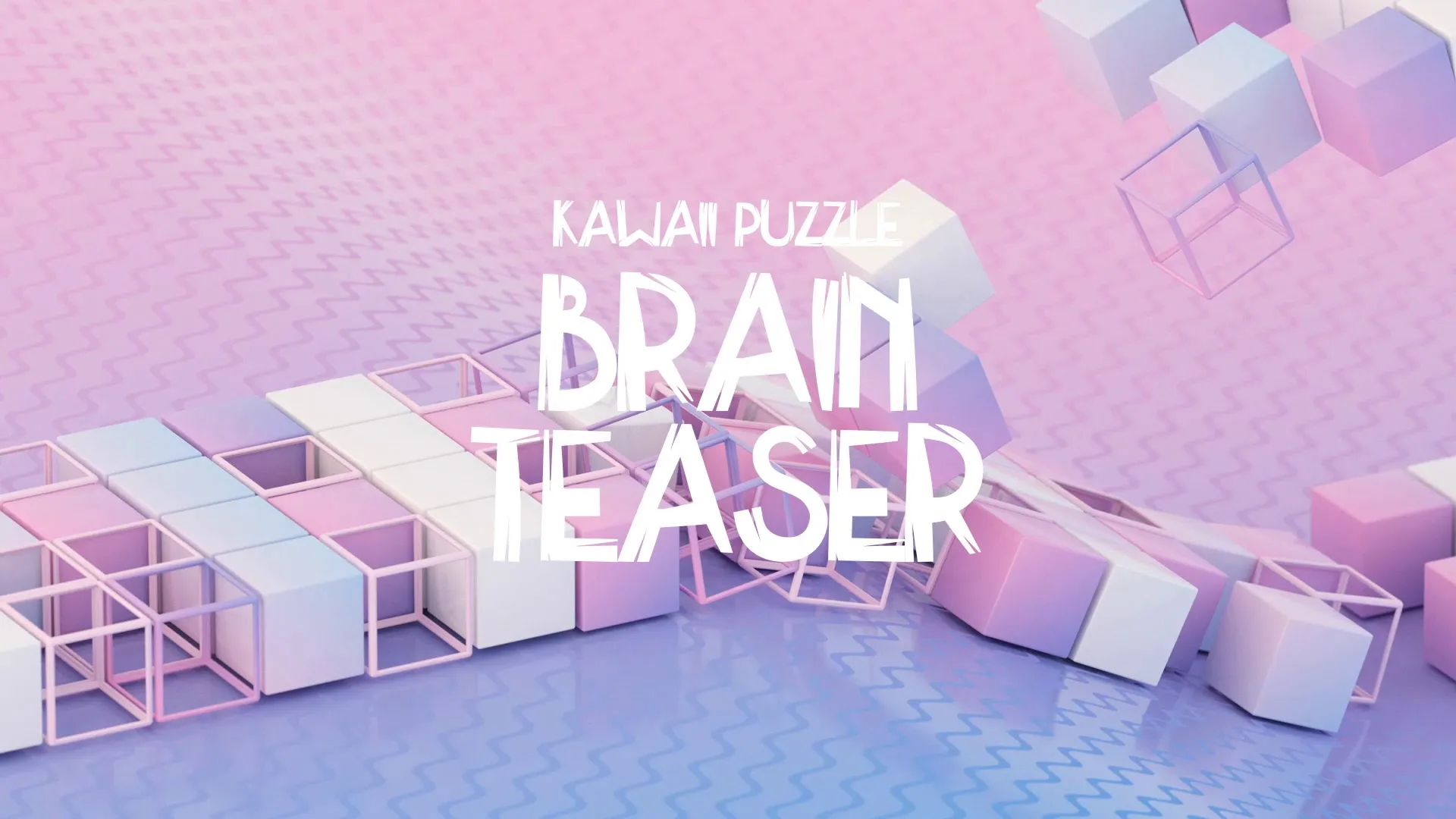

.webp)

